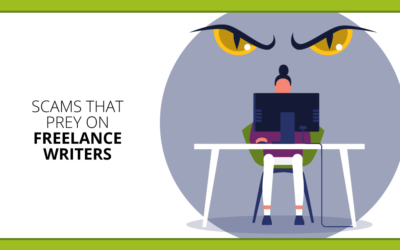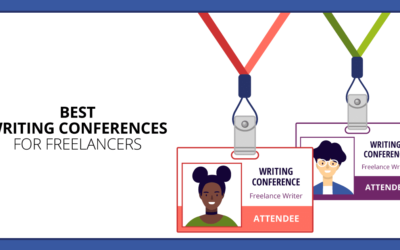 One of my mentees recently asked me if she could see a copy of my rate sheet, as she had a small-business prospect and was wondering what to charge them.
One of my mentees recently asked me if she could see a copy of my rate sheet, as she had a small-business prospect and was wondering what to charge them.
I had to tell her that I don’t have a rate sheet. I know some copywriters do have a set list of charges they hand out to prospects.
I think that’s a big mistake. Why? Because every client is different.
Some clients are a dream to work for, love every word you write and never ask for edits. Some are so dysfunctional you can’t get rush emails returned when you’re on a project deadline, and then they edit your work by committee until it’s unrecognizable. One wants everything in a big rush, while the other will take it whenever you can fit it into your schedule.
Both these clients might want me to write 800-word articles, but would I want to price them the same? No way!
When people ask me to give them an off-the-cuff bid or to send a rate sheet, this is my response:
“I don’t have a set rate sheet, because every project is different. Once I learn more about your project, I will be able to give you an accurate rate quote for your job.”
What to do if a prospect requires a quote
If I’m answering a terse job ad that offered few project details but requires a price quote in response, I offer a big range that leaves me lots of wiggle room.
Example: “Recently, I’ve done work ranging from $50-$100 an hour, or $.30-$1 a word.” I include the lowest figure at which I could possibly imagine doing the work under the best circumstances.
This means if the client is looking to pay $10 an article, they will not call me. So set your range low enough that you won’t be sorry if they don’t call.
If the prospect is looking for a professional writer and has any understanding of professional rates, I’ve hopefully stayed in the running without committing myself to a set price for a project where I don’t really know the details.
When you’re landing your first small-business clients, you’ll find it tough to get a firm description of what they really want. That’s because they often don’t know themselves! They just know their business needs help communicating. That’s why – after having been burned by one client too many who said they wanted one thing but turned out to want something else entirely – I have taken to sending prospects a questionnaire.
Getting project specs in writing is a useful exercise for both sides. It helps clients describe what they want, and it gives you documentation you can use to raise your prices if the client asks for more work later. My questionnaire is always evolving as I learn more about parameters I want defined before I start a project.
Photo via Flickr user Edinburghcityofprint









